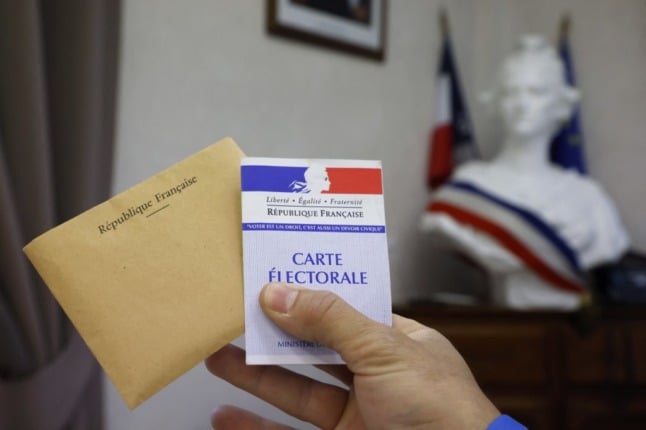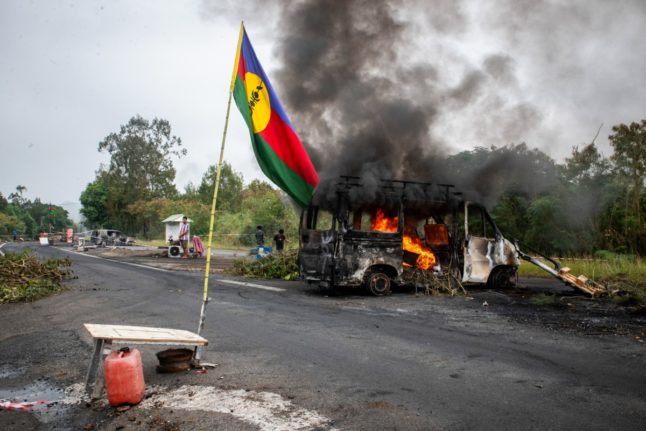The French word parrainage means sponsorship or guardianship and it comes from parrain – godfather.
Just as in English, parrain can be used in its literal sense for a child’s godfather (godmother is marraine) or a more general sense for anyone who is a powerful figure – the classic mafia movie The Godfather is Le Parrain in France.
But in the context of presidential elections it has a more specific meaning, which is to do with how you get onto the ballot paper.
In order to be a candidate in a French election you have to be a French citizen aged 18 years or over.
But you also need to collect at least 500 signatures (or parrainages) from elected officials to back your campaign.
These can be from anyone elected to public office from village mayors to MPs, MEPs and Senator but there are some rules – the officials must come from at least 30 different French départements or overseas French territories and no more than 50 signatures can come from one département or overseas territory.
This year, candidates have until March 4th to gain the signatures they need, if you’re on French social media you may recently have spotted lots of obscure politicians tweeting pictures of either a signed form or a letter being popped into the postbox – they’re making a public declaration of their parrainage.
Fidèle à mes convictions politiques, j'apporte mon parrainage à @Anne_Hidalgo pour la #présidentielle2022. Ses 70 propositions qui allient justice sociale et exigence écologique sont nécessaires à la France et notre #République 🇫🇷. #Hidalgo2022 pic.twitter.com/fiycDze4S2
— HEBERT DOMINIQUE (@HEBERTDOMINIQUE) February 9, 2022
You don’t need to be on Twitter though, the names of all the officials who have given their signatures will be published on March 8th, along with the list of candidates who have gained the required 500 and therefore their place on the ballot paper.
Until that date, the question of who has the required numbers of parrainages is the subject of a lot of speculation and newspaper headlines, as well as charts like the one below, which are generally based on public declarations of support.
La première qui lead sur les parrainages et la seule qualifiée largement à gauche grâce aux soutiens des élus aujourd’hui c’est @Anne_Hidalgo ! 😘🌹 pic.twitter.com/e0h3Qdasd7
— Laurent Beauvais (@Laurent_Beauvai) February 8, 2022
You can follow all the latest news and explanations of the 2022 presidential election campaign HERE.



 Please whitelist us to continue reading.
Please whitelist us to continue reading.
Member comments